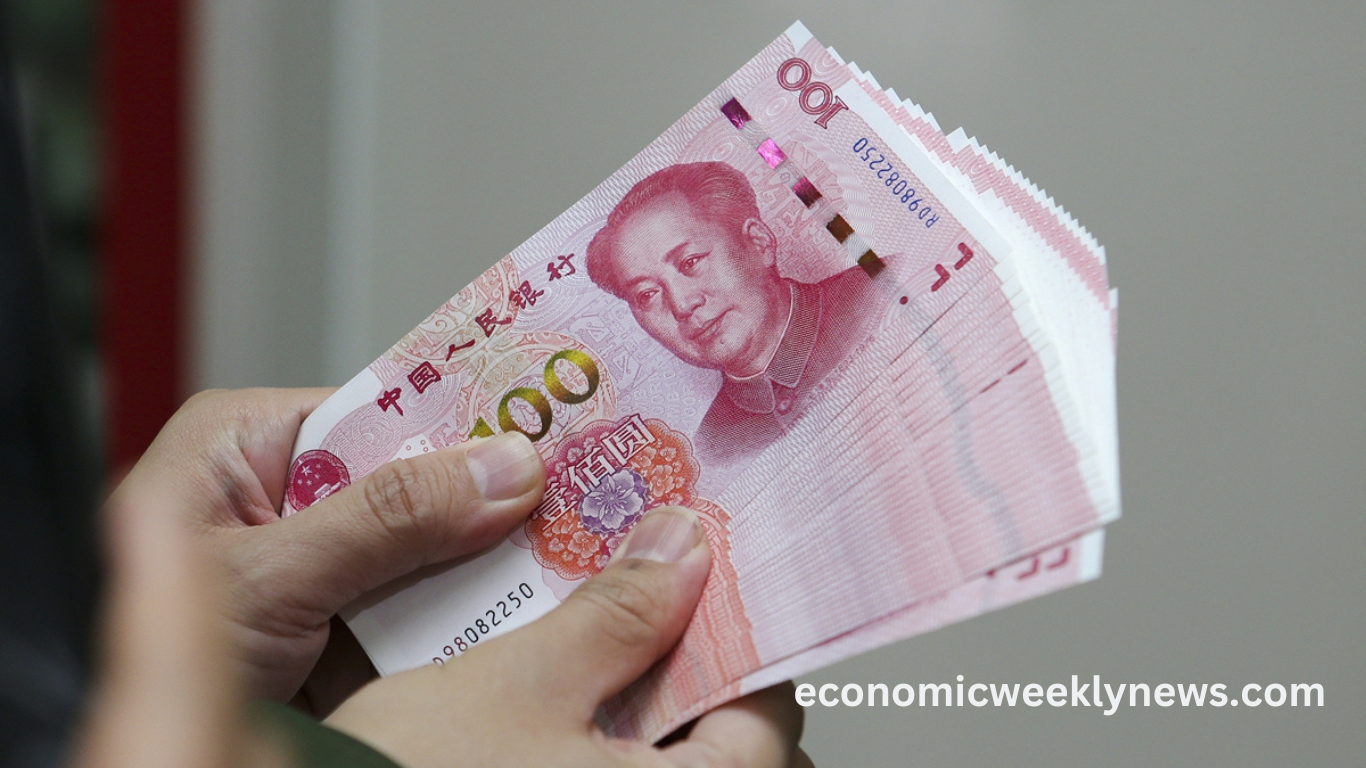The Chinese yuan continued its downward trajectory, reaching 7.1788 against the US dollar on Tuesday. Market fluctuations, economic indicators, and global trade dynamics played a role in this movement.
Factors Influencing the Yuan’s Depreciation
The depreciation of the yuan can be attributed to multiple factors, including monetary policy adjustments, global economic trends, and trade tensions. The People’s Bank of China (PBOC) has been managing liquidity and interest rates to stabilize the economy, but external pressures continue to affect the currency’s performance.
Impact on Global Trade and Markets
A weaker yuan has implications for global trade, particularly in export-driven economies. Chinese exports become more competitive, making goods cheaper for international buyers. However, currency depreciation also increases import costs, affecting domestic consumers and businesses relying on foreign goods.
US Dollar Strength and Market Reactions
The US dollar remains strong due to investor confidence, Federal Reserve policies, and global economic uncertainties. Market participants closely monitor exchange rate movements as fluctuations impact investment strategies, multinational corporations, and financial institutions.
Policy Responses and Future Outlook
Chinese authorities may take measures to stabilize the yuan through foreign exchange interventions, monetary policy adjustments, or economic stimulus initiatives. Analysts continue to assess whether the depreciation trend will persist or if corrective actions will influence the currency’s valuation in the coming weeks.
Frequently Asked Questions
Why did the Chinese yuan weaken to 7.1788 against the USD?
The yuan’s depreciation is influenced by monetary policy adjustments, global economic conditions, and trade tensions. The US dollar’s strength also plays a role in pushing the exchange rate higher.
How does a weaker yuan affect China’s economy?
A weaker yuan makes Chinese exports more competitive but increases import costs, affecting businesses and consumers who rely on foreign goods.
What role does the People’s Bank of China (PBOC) play in currency valuation?
The PBOC manages monetary policy, interest rates, and foreign exchange interventions to stabilize the yuan and maintain financial stability.
How does the yuan’s depreciation impact global markets?
It affects trade balances, investment strategies, and financial markets, influencing multinational companies and global supply chains.
What external factors contribute to the yuan’s decline?
Factors include US Federal Reserve policies, inflation trends, geopolitical tensions, and fluctuations in global capital flows.
Will the Chinese government take action to strengthen the yuan?
Authorities may implement policies such as foreign exchange interventions or economic stimulus measures to stabilize the currency if needed.
How does a weaker yuan affect foreign investors?
A depreciating yuan may reduce returns for foreign investors holding Chinese assets while making investments in China more attractive for new entrants.
What is the outlook for the yuan in the coming months?
Experts predict continued fluctuations depending on economic data, central bank decisions, and global financial trends. The yuan’s movement will depend on China’s policy responses and international market conditions.
Conclusion
The Chinese yuan’s weakening to 7.1788 against the US dollar reflects global economic shifts, monetary policies, and market dynamics. While a weaker yuan benefits exports, it raises import costs and impacts financial markets. The Chinese government may intervene to stabilize the currency, but external factors will continue influencing its trajectory. Investors, businesses, and policymakers closely monitor these developments to adapt to evolving financial conditions.

